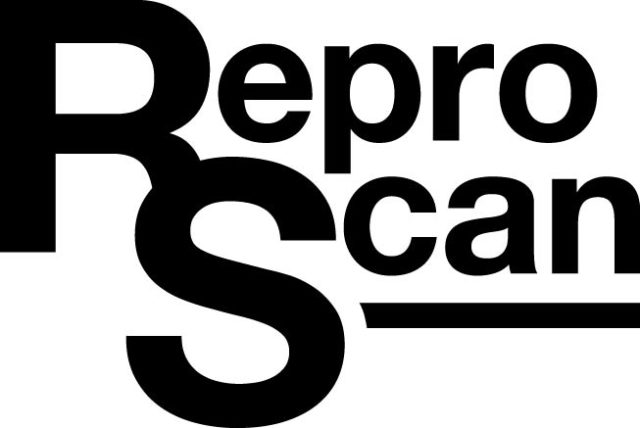Tell us a bit about your background and previous experience.
I grew up on a cow-calf operation in southwestern Pennsylvania. We also raised some club lambs. I was very active in both 4-H and FFA growing up, and that opportunity led me to Penn State to get a degree in agriculture science with an animal science minor. Following graduation I went to work for our local farm credit organization, which is AgChoice Farm Credit. I was there for about four and a half years. Most recently, I was working as a loan officer for them.
How do you expect your ag background, especially growing up on a farm, to help you in your new position?
I will primarily be working with producers and students that could potentially become producers down the road, so I think that it will be a huge benefit to me to be able to relate to them, and have that similar background to a lot of the folks I’ll be talking with. That will give me some credibility in that area.
How do you think your experience with ag organizations like those you participated in during college will help you with the work that you will be doing?
I think it will be a huge asset to me. I was able, fortunately, to do a lot of traveling all over the nation while I was in college. I was on two separate judging teams, so just the experience of seeing outside the box hopefully will benefit me as far as bringing that back to Pennsylvania producers and hopefully giving them a perspective of what’s going on in the industry outside of just our state, which I think will be really helpful.
What are your responsibilities with Pennsylvania BQA?
Most of our responsibility will be based on holding training for producers to become Beef Quality Assurance certified and also for them to be recertified. With that we also do a lot of training and work with 4-H groups, with FFA students, some high school ag courses and also college-age students to get them Beef Quality Assurance certified as well. That’s really beneficial for us, even if they’re not directly going to be a producer. Typically those students are interacting more with the general consumer, so them being able to tell the BQA story is certainly advantageous for producers, even if they’re not farming themselves.
Who has been your inspiration for choosing this career path?
My older brother. He has been a very good inspiration. He’s also very active in the ag community. He was definitely the reason that I chose Penn State, which opened up more opportunities and me being able to interact with lots of people that I then looked up to and would also consider role models, but he got that ball rolling and got me on the right track as far as what kind of careers I can do and has always been very supportive.
Why BQA?
I’ve always had a real strong passion for the beef cattle industry. In Pennsylvania, it’s kind of unique. We also have a lot of dairy cows, so the BQA program gives me the opportunity to work a little bit with both of those, and I’ve also always really enjoyed the producers. Even in my previous job, I would say, hands down, my favorite part of going to work every day was getting to work with people who are farmers, whether that be part-time or full-time. I’ve always really enjoyed interacting with them.
What plans do you have for the future at BQA?
I would love to continue to see the BQA program grow in terms of the number of producers who are BQA certified, and I also would like to continue to think outside of the box on utilizing the training, not necessarily just for people that are full-time farmers, but for people that can be great advocates for the industry also. ![]()






